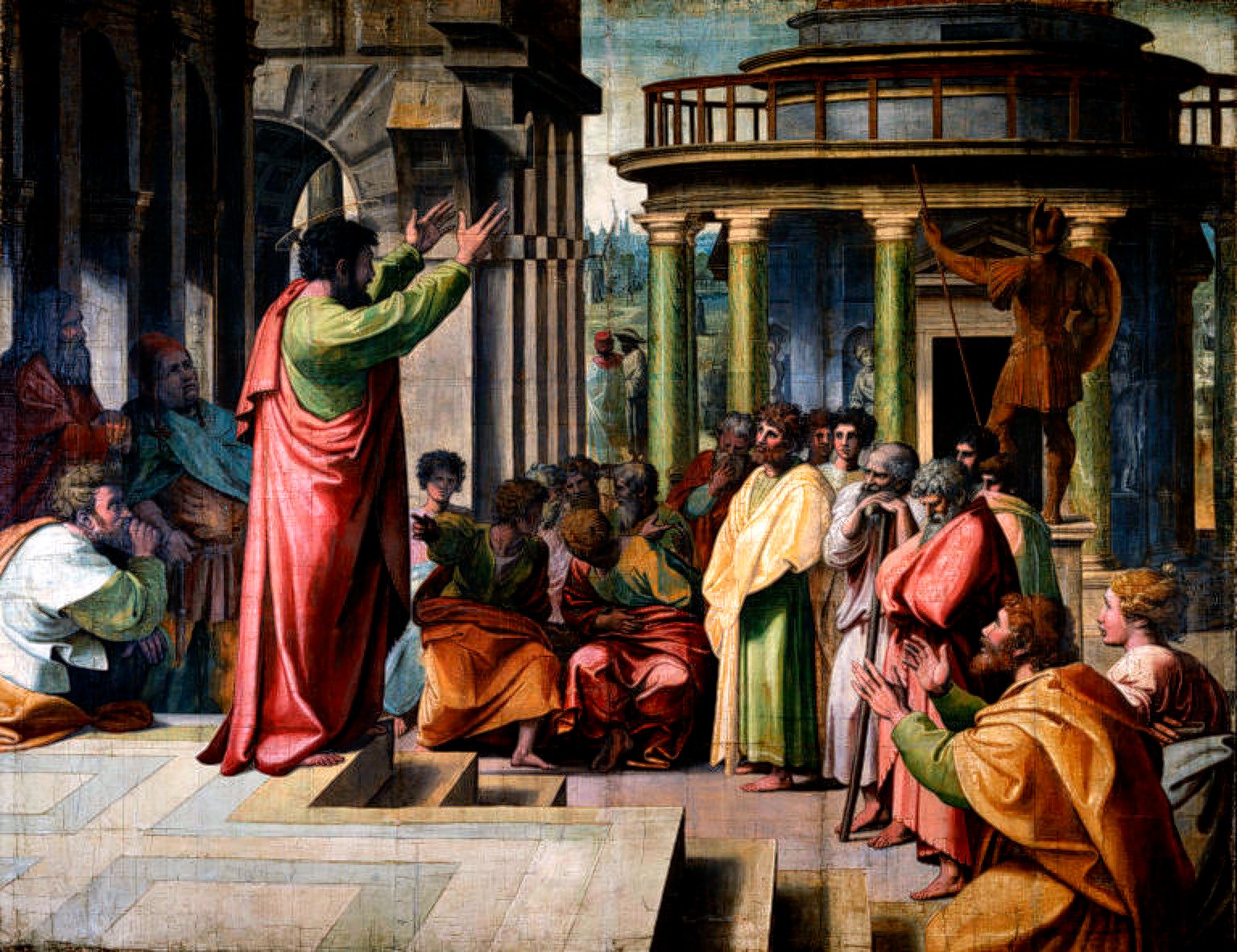Understanding the Prayer: “Pray that your flight may not be in winter or on the Sabbath
To understand the meaning of Jesus’ words in Matthew 24:20, we need to examine the same prophecy in three different Gospels to get a full understanding. We’ll begin with Matthew 24:15-22, where Jesus foretells the fall of Jerusalem:
Matthew 24:15-22:
“Therefore, when you see the ‘abomination of desolation,’ spoken of by Daniel the prophet, standing in the holy place, (whoever reads, let him understand), then let those who are in Judea flee to the mountains. Let him who is on the housetop not go down to take anything out of his house. And let him who is in the field not go back to get his clothes. But woe to those who are pregnant and to those who are nursing babies in those days! And pray that your flight may not be in winter or on the Sabbath. For then there will be great tribulation, such as has not been since the beginning of the world until this time, no, nor ever shall be. And unless those days were shortened, no flesh would be saved; but for the elect’s sake those days will be shortened.”
Jesus emphasizes the severity of the coming tribulation, describing it as a time of unparalleled suffering. In the context of God’s judgment, this serves as a reminder of the importance of heeding Christ’s warnings and staying faithful to God.
In Luke 19:41-44, we find a similar warning, where Jesus weeps over Jerusalem:
Luke 19:41-44:
“Now as He drew near, He saw the city and wept over it, saying, ‘If you had known, even you, especially in this your day, the things that make for your peace! But now they are hidden from your eyes. For days will come upon you when your enemies will build an embankment around you, surround you and close you in on every side, and level you, and your children within you, to the ground; and they will not leave in you one stone upon another, because you did not know the time of your visitation.’
Luke 21:20-24:
“But when you see Jerusalem surrounded by armies, then know that its desolation is near. Then let those who are in Judea flee to the mountains, let those who are in the midst of her depart, and let not those who are in the country enter her. For these are the days of vengeance, that all things which are written may be fulfilled. But woe to those who are pregnant and to those who are nursing babies in those days! For there will be great distress in the land and wrath upon this people. And they will fall by the edge of the sword, and be led away captive into all nations. And Jerusalem will be trampled by Gentiles until the times of the Gentiles are fulfilled.”
Why Winter or the Sabbath?
In Matthew 24:20, Jesus urges His followers to pray that their flight may not be in winter or on the Sabbath. This part of the passage reveals the difficulties the people would face if they tried to flee Jerusalem during certain times.
Matthew 24:20:
“And pray that your flight may not be in winter or on the Sabbath.”
Why Winter?
During winter in Jerusalem, temperatures can be very low, and there are even occasional freezes. Traveling in such harsh conditions would be incredibly difficult, particularly for those fleeing from an invading army. Theologians often point out that Jesus was acknowledging the natural difficulties that would arise in fleeing the city, emphasizing that they should pray for favorable conditions for their escape.
Why the Sabbath?
On the Sabbath, Jewish law prohibited long journeys or work (Exodus 16:29). The “Sabbath day’s journey” was limited to just a few hundred meters (Acts 1:12). This restriction would make it almost impossible for people to escape Jerusalem on the Sabbath if it were surrounded by armies. In light of this, Jesus’ warning was practical: they needed to pray that these catastrophic events would not occur on the Sabbath because it would severely limit their ability to flee and survive.
Acts 1:12:
“Then they returned to Jerusalem from the mount called Olivet, which is near Jerusalem, a Sabbath day’s journey.”
The Prophecy Fulfilled
Jesus’ prophecy was fulfilled in AD 70 when the Roman army, under General Titus, surrounded and destroyed Jerusalem. The people, particularly the Christians, who heeded Jesus’ warning and fled the city survived. Those who stayed behind, however, were caught in the destruction. This event serves as a reminder that Jesus’ words are always true and must be taken seriously.
A Warning for the Future
This event is also a picture of the greater tribulation that will occur in the future. In the Book of Revelation, we read about the coming Great Tribulation, a time of unparalleled suffering that will begin suddenly, just like the siege of Jerusalem.
Revelation 7:14 :
“And I said to him, ‘Sir, you know.’ So he said to me, ‘These are the ones who come out of the great tribulation, and washed their robes and made them white in the blood of the Lamb.’”
After the rapture of the Church, those who are left behind will face persecution and suffering unlike anything the world has seen before. Theologically, this passage teaches the inevitability of judgment for those who reject Christ, but it also offers hope for those who remain faithful and endure.
Mark 13:31:
“Heaven and earth will pass away, but My words will by no means pass away.”
Have you received Christ?
The rapture will happen at an unexpected time, and Jesus’ warnings will come to pass. If you are not sure that you are ready for the rapture, it is important to make your life right with God today. Jesus’ words will be fulfilled, and His offer of salvation is available to all who accept Him.
God bless you.



About the author